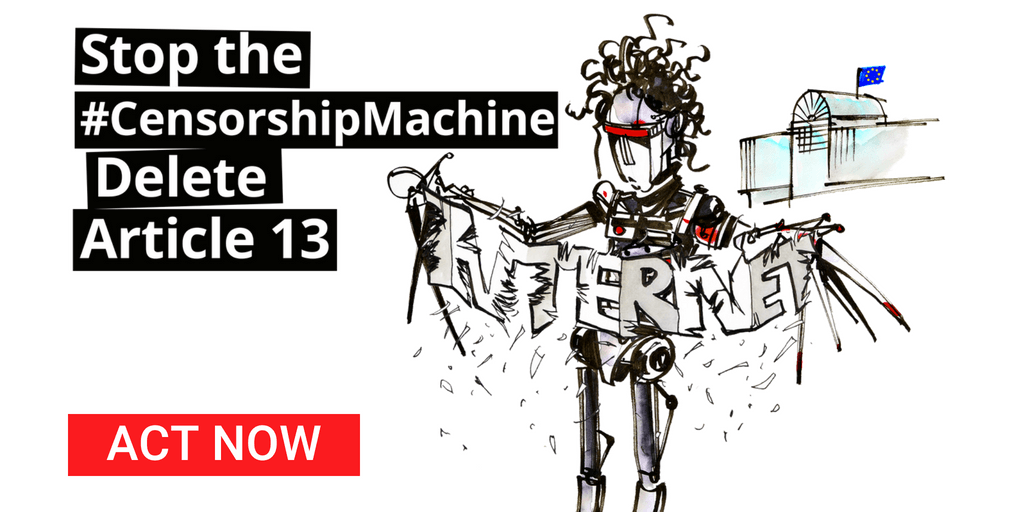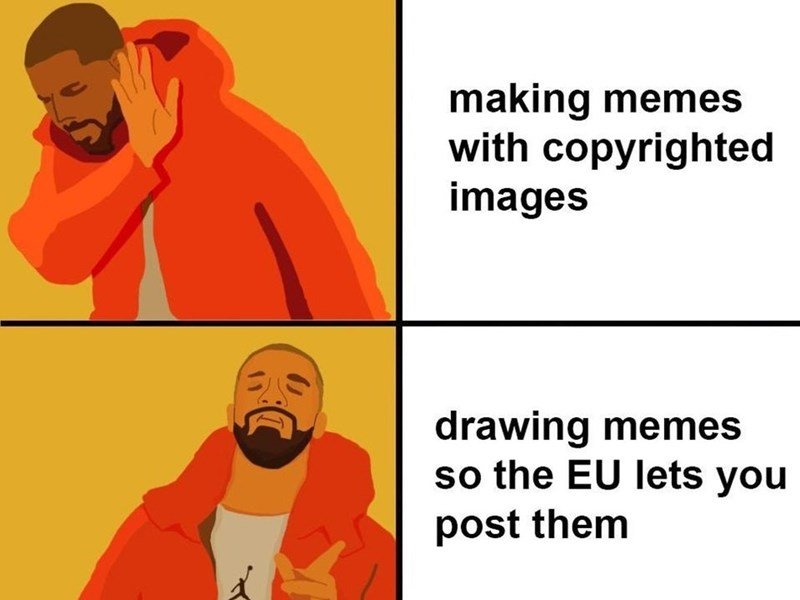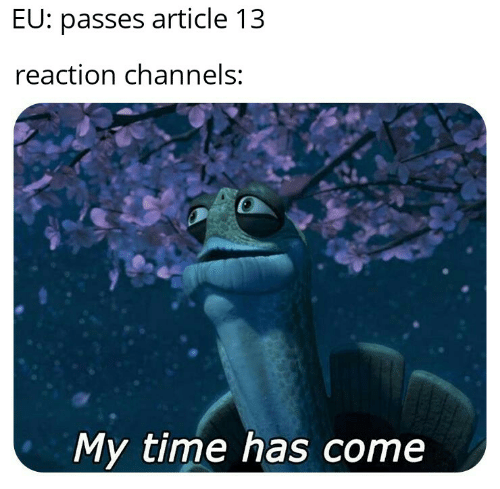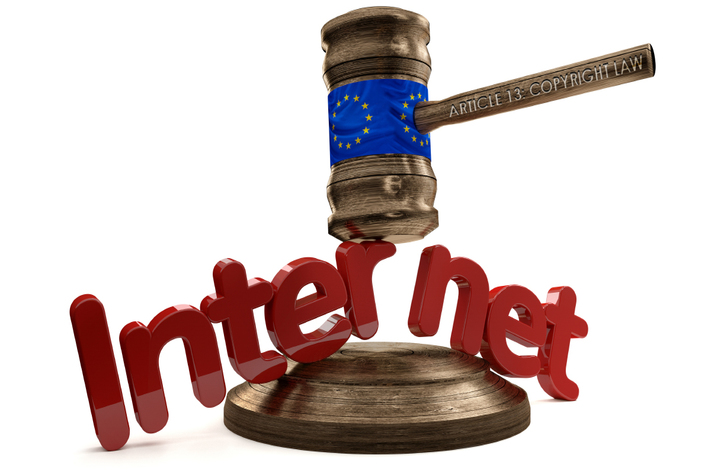Tuesday was a historical day for internet and decision made by EU could possibly change the course of usage and consumption of data after Article 13 was passed.
The original draft of the Copyright Directive was halted for being too ambitious.
On 26 March EU parliament passed the controversial law that is supposed to bring reforms to governing of online content. The law was passed with 348 votes in favor and 274 in against.
Even though the law is applicable in EU but its effect is going to be worldwide due to the open nature of the internet as it does not have boundaries.
GDPR which was enacted in May 2018 made huge waves in data policies of the websites and application and something similar is expected from Article 13.

Before the law can be enacted it has to be approved by the Council of EU.If any key country votes in opposition of the Article may not get passed. Voting is expected to take place on April 9.
If the articles get passed EU states get two years time to implement the laws
What are the articles?
EU copyright directive is supposed to improve and tighten copyright laws for good but lately, it has got flak over the controversial Article 11 and particular Article 13.
Article 11(Link Text)
Article 11 which sometimes also known as “link text” will require tech firms to get hold of the license before publishing any news articles from a publisher.
This is big news how a platform like a Google news function which primarily works by aggregating links from news sources.
This law ensures that publisher can charge fees for all the news aggregating platform for using their links.
The redrafted version leaves “scraping” which means news aggregator can use some pieces of text that can be used as a preview.
This law would give the media houses to negotiate a licensing deal with news aggregator and it also lays down the law that the author is also entitled to get a cut from the deal.
The #eucopyrightdirective is improved but will still lead to legal uncertainty and will hurt Europe’s creative and digital economies (1/2)
— Google Europe (@googleeurope) March 26, 2019
Google quickly tweeted in disappointment that this directive will lead to legal uncertainty and will hurt Europe’s online economy.
In January Google said that it might have to pull the plugs of its Google news its news aggregation platform due to link tax.
Article 13(Article 17)
Article 13 which is renamed to Article 17 after redraft also called as “meme ban“.

Articles 13 created a storm in meme subculture but EU announced that sharing of memes, gifs will not be hampered as they will fall in under criticism and review.
MEMES ARE SAFE
On serious note Article 13 mandates that you have to get permission from the owner before sharing copyrighted content or at least make the best possible effort to get the permission.
Axel Voss hailed the decision and said that this law will correct the situation that few companies gain so much money from the creative work of journalists and writers.
Article 13: Is Streaming legal?
Any registered streaming service like Spotify, Netflix, and AmazonPrime is legal to use.
Since all the content hosted on these services is acquired legally from the content creator or mostly original.
Concerns
While music legends like Sir Paul McCartney have supported Article 13 which he hopes will provide the fair pay to the artist and industry.
But it will harm the creatives and budding artist who makes remixes and anything in similar territory.

Since all hosting platform will be held responsible if copyrighted content is hosted without the permission of the owner.
Enforcing Article 13 is also a big technical issue, Big 4 already had a hard time monitoring and moderating content available due to the sheer amount of data that get uploaded every second.
Even though Article 13 is touted as a chance to prevent the monopoly of huge firms it could also end up making very hard for smaller firms and artist to compete against bigger giants in the industry.
The biggest cry of anti-Article 13 camp is that this law is going to curb and harm the open and creative nature of the internet.
Final thoughts on Article 13
It is clear that Big 4 and people are not in support of the new law and since it is up to EU states whether they want to adopt the laws or not.
The law still has to pass the voting phase of the EU Council which many MEPs are not supporting. This opens the gate for activist and lobbyist to change the course of the proceeding.
For better or worse the Copyright Directive is going to change how content moves and shared on the internet.









